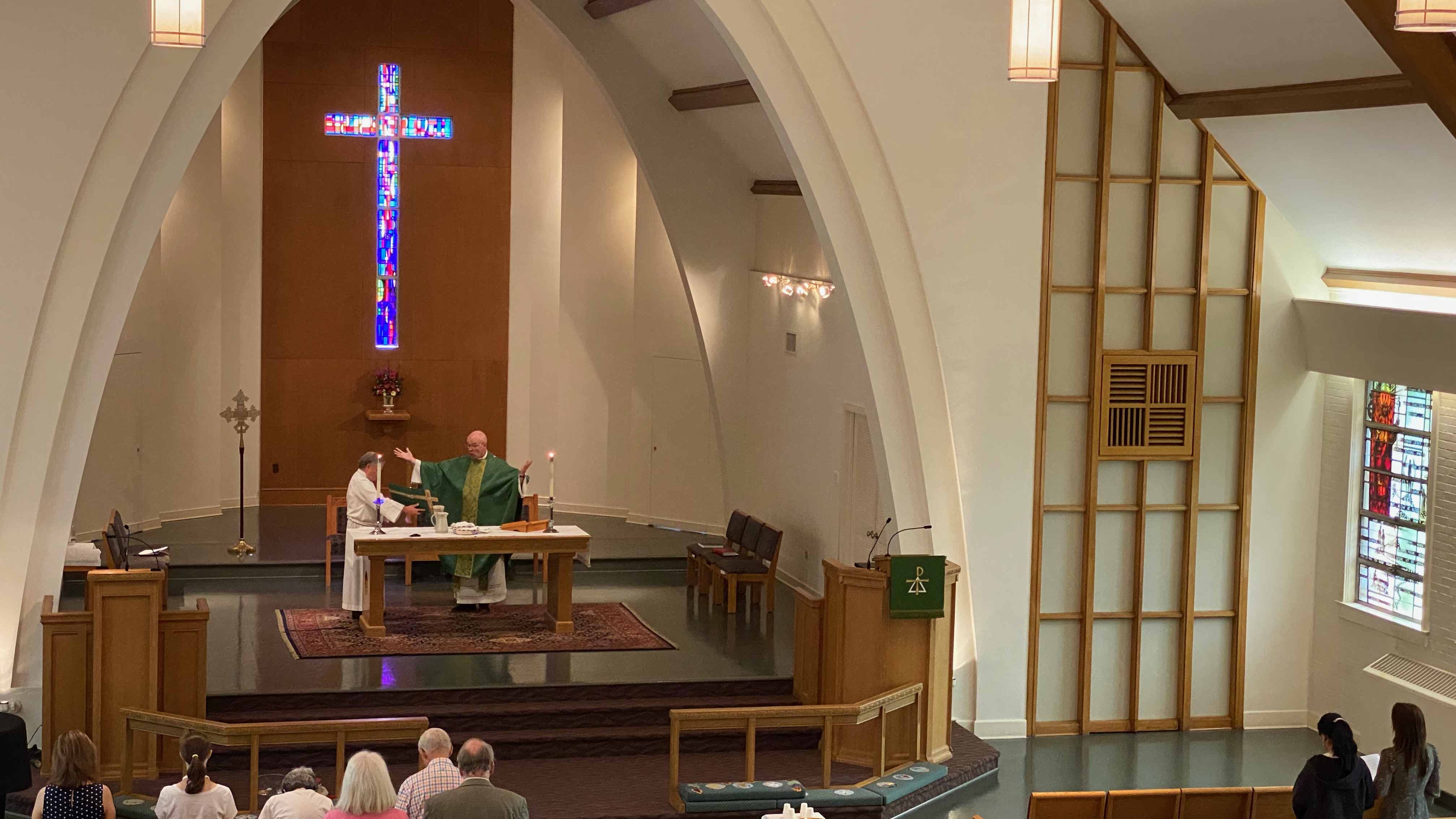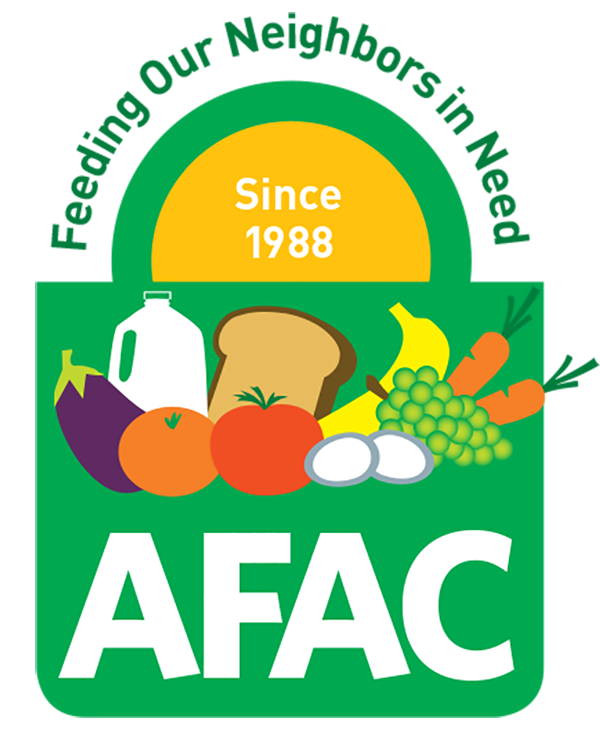It seems to me that much of what divides us comes down to some very basic values: I vs. we; that is, individualism vs. communitarianism; competition vs. cooperation; private vs. public good; tradition vs. innovation…. and on this listing could go.
If we could get to the point of having conversations where we discipline ourselves to not use politically charged or ideological language, maybe we could learn about each other’s basic values, how they are similar, how they differ – or how shared values get enacted in different ways through advocacy of differing policies. Pro-life, for example, may be a shared value that gets lived out in all sorts of ways beyond the particular issues of abortion prohibition or abortion rights.
The highly charged spirit of our times in our nation reveals to me once again the dangers of binary, either-or thinking, about which I have already written in these messages. If we are either right or wrong, winners or losers, there is no room for genuine conversation.
Lutheran Christians have much to offer civic discourse in our age, for Lutherans are at their best both/and thinkers who see the rich textures and complexities of all matters, human and divine. When we recognize and embrace that we are simultaneously saints and sinners, there is intellectual room for conversation, and the humility to undertake that conversation in civil ways.
Moreover, Lutherans see Christ and culture in paradoxical tension. We seek neither to exclude Christ from society and culture, nor to Christianize society and culture in theocratic ways. We Lutherans acknowledge that God is active in the ways that humans organize themselves in the world, but in a manner that holds the sacred and secular in a creative tension that seeks the common good. These perspectives, too, can open the doors to thoughtful dialogue.
To get back to the question of basic values and the possibilities of staking out more common ground in moving forward as a nation, we Lutherans can speak of the importance of both individualism and communitarianism, of individual’s personal responsibility and of the responsibilities of society for individuals, of occasions where competition is salutary and of circumstances where cooperation is called for, of maintaining the importance of both private and public goods, and on.
Seeking the balance of the both/and is also very Benedictine, a spiritual tradition which is quite close to my heart and practice as a Christian. The Christian life, indeed, more broadly, healthy human life, is marked by balance – of time in solitude and in community, of times to speak and times to remain silent, of times to work and times to rest, of times to study and times to pray. Perfect balance is never achieved once and for all, but is pursued, sought after. Those engaged in Benedictine Spirituality are called to discern when one aspect of our routines is out of balance with the others, and then to seek correctives in seeking balance. This Benedictine wisdom can be applied to our discourse about matters of concern to the future health of our nation as well, as we seek to hold seemingly competing values in creative, balancing tension with each other.
The perspective of both our Lutheran tradition and Benedictine Spirituality is something I feel called to uphold and call attention to in the life of our congregation. As I’ve written before, I desire that our discourse would include, respect, and honor the voices that represent all points on the continuum between right and left. We need each other for completeness. As Pastor, I also hope that in our discourse we can keep the volume of politically and ideologically charged discourse at the lowest possible level so that we can hear and engage each other at the level of basic values where we may unexpectedly discover common ground. That’s what I pledge to work for as your Pastor, and it is my hope and prayer for our nation as well.
Finally, in this difficult season of our life together as church, nation, and species, I believe it is crucial to enfold into our conversations and engagements with each other prayerful, devotional, spiritual practices to keep us grounded in the sacred, to help us dial down all the anxious, angry energy swirling about us in our wider society.
God help us move forward, creatively together in Christ by the power of the Holy Spirit for the sake of the world,
Pastor Jonathan Linman






